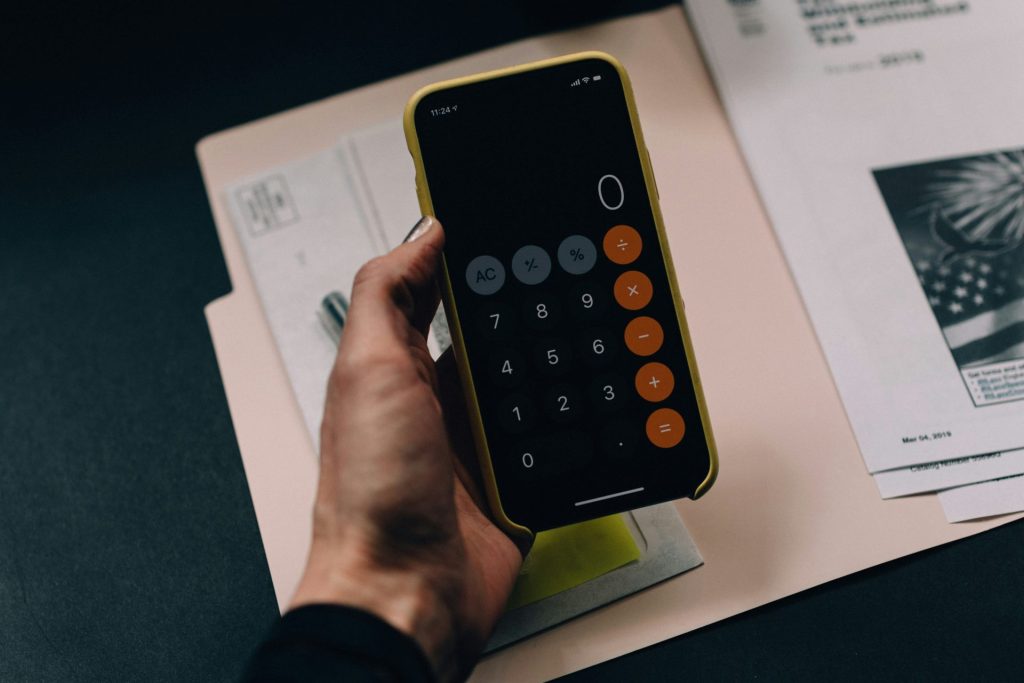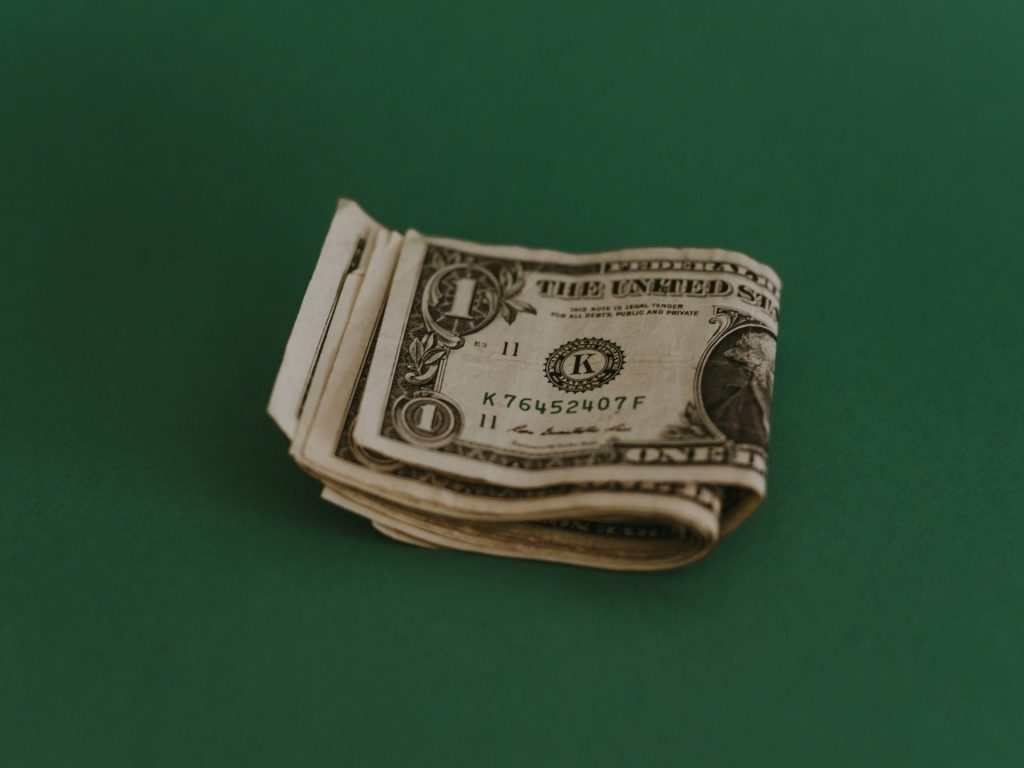In the United States, there is a legal remedy to protect victims of abuse and mistreatment, known as VAWA, or Violence Against Women Act. It offers crucial help not only for victims of physical and emotional violence, but also for those affected by economic violence.
At Jaskot Law, we are committed to informing people who have suffered violence or abuse about their legal options and how VAWA can help them rebuild their lives in the United States. If you have any questions, our experienced immigration attorneys are prepared to provide personalized attention and review your particular case.
Economic violence, what is it, and how does it affect a person?
Economic violence is a form of abuse that occurs through the control of a person’s financial resources. This type of violence is aimed at limiting a person’s autonomy and free decision-making power.
Although, many times, when we think of domestic abuse, we do not contemplate economic violence. This type of abusive relationship can seriously affect the emotional and mental stability of a person, leaving them in a situation of total dependence on the abuser.
This is why the consequences of economic violence are so profound and often make it impossible for the person who suffers such abuse to leave or break the relationship with the abuser. Despite this, we should mention that in the United States, economic violence is a recognized form of domestic abuse and, therefore, there are legal remedies available to obtain protection and assistance.

Types of financial abuse
Financial abuse can be considered as deliberate action on a person’s livelihood in a way that affects his or her ability to make decisions freely. With this in mind, we can infer that there are several ways of committing financial abuse, among which the following can be listed:
- Preventing someone from working and generating their own money.
- Control the expenses generated in the household.
- Stealing or taking money from a person without his or her consent.
- Accumulating debts in the name of another person without his consent.
- Deliberate destruction of credit history.
Other signs of economic abuse
When we talk about economic abuse, it is important to keep in mind that this type of violence can take many forms. Economic abuse may also include instances such as those mentioned below:
- Employing restriction of food, clothing, or medication with a person.
- Controlling a person’s bank accounts, debit or credit cards without his or her consent.
- Preventing a person from studying or attending training or education classes.
- Forces a person to surrender salary and/or public benefit checks.
- It interferes in some way with your work.
If you have any doubts about your situation, we recommend that you consult with an experienced attorney to evaluate your particular case. They might be able to provide you with support and assistance in understanding your possibilities in applying for VAWA economic violence protection.
How can VAWA help those who are victims of economic violence?
VAWA protection provides individuals who have suffered abuse, mistreatment or economic violence with a legal pathway to lawful immigration status. This is possible, as this recourse can be requested through a self-petition, the feature that allows you to make the status request on your own and without relying on the abuser.
In the United States, VAWA protection is an invaluable resource that protects individuals from deportation while the self-petition is being evaluated and, if approved, grants the ability to work legally in the country through an Employment Authorization. In essence, VAWA economic violence protection allows a person to rebuild his or her life and regain a livelihood.

Benefits and types of assistance available
Some of the benefits a person can access under VAWA protection for economic violence are as follows:
- Legal protection in the United States: A person who is a beneficiary of VAWA protection for economic violence will be able to access protection against deportation in the United States.
- Eligibility for permanent residency: A person who has suffered violence or abuse may be eligible to apply for permanent residency in the United States once VAWA protection has been approved.
- Employment Authorization: If VAWA economic violence protection is approved, USCIS will issue an Employment Authorization Document (EAD) so that the individual can legally work in the United States.
- Access to public benefits: a person will be able to access certain public benefits such as Medicaid and Medicare, as well as access food assistance.
- Access to resources: emotional support and counseling services will also be available to VAWA protection recipients.
- Inclusion of family members: VAWA protection gives individuals the ability to include certain family members as beneficiaries.
Employment authorization with VAWA protection
People who have suffered some form of economic violence may be able to rebuild their lives through VAWA protection. By approving this benefit, individuals who were previously unable, or under the control of the abuser, will be able to obtain Employment Authorization, or EAD, achieve economic independence and remove themselves from abusive situations.
If you have questions such as what is the waiting time to obtain a VAWA work permit, we advise you to read the information contained in this article of Jaskot Law where we tell you in detail everything related to the work permit under VAWA.
VAWA requirements for economic violence
To be considered a primary beneficiary of VAWA economic violence protection include the following:
- Be the spouse of a U.S. citizen or lawful permanent resident.
- File Form I-360 to apply for VAWA for economic violence.
- Submit all documentary evidence of violence or abuse, including police reports, protection orders, medical records, bank records, photographs, among others.
- Demonstrate that you are in the United States at the time of filing for VAWA economic violence protection.

Can I include other beneficiaries in my VAWA petition for economic violence?
One of the possibilities offered by VAWA self-petition is, once the benefit has been granted to the main applicant, to apply for a family member. This process, in turn, allows a person to receive the same benefits under the derivative beneficiary category.
It is important to note that in order for this derivative beneficiary to obtain the benefit, he/she must meet all the requirements stipulated by the U.S. Citizenship and Immigration Services and be physically present in the country. It will also be necessary for this person to present proof and evidence of the mistreatment received by the U.S. citizen and/or permanent resident.
How can an attorney help in a VAWA case for economic violence?
Economic violence, which includes control and manipulation over a person’s financial resources, affecting their ability to work or access money, requires the presentation of specific evidentiary documents that can make the difference between approval or rejection of your application. For this, an attorney specializing in Violence Against Women Act cases can be crucial in assisting and guiding victims of financial violence in their VAWA protection application process.
At Jaskot Law, we believe that having the support of a professional attorney can make a difference in a person’s application or petition, which is important in getting them out of an abusive situation and accessing valuable resources that will allow them to rebuild their lives. For this reason, our team of lawyers offers a personalized service to each of our clients. Contact us today for your case review.
Frequently Asked Questions
What is economic violence and how does it affect a person?
Economic violence is a form of abuse in which the aggressor controls the victim’s financial resources, limiting her autonomy and capacity to make decisions. This type of abuse can generate a total dependence on the abuser, seriously affecting the emotional and mental stability of the affected person.
What are some signs of economic abuse?
Financial abuse can take many forms, such as preventing someone from working, controlling their spending, taking money from them without their consent, running up debts in their name, or deliberately destroying their credit. It also includes restricting access to food, clothing, or medication and monitoring bank accounts without permission.
How can VAWA help victims of economic violence?
VAWA protection allows victims of economic violence to apply for legal immigration status without being dependent on the abuser. It provides protection against deportation and, if approved, allows you to obtain Employment Authorization, facilitating economic independence and the possibility of rebuilding your life in the United States.
What benefits are available under VAWA economic violence protection?
VAWA beneficiaries can access legal protection from deportation, apply for permanent residency, obtain Employment Authorization, and access public benefits such as Medicaid and food assistance. They may also receive emotional support and counseling services, and have the option of including certain family members as derivative beneficiaries.
Ana Aguirre Santos is an advanced student of the National Sworn Translator’s Degree in English at the National University of Córdoba (Argentina) where she specializes in legal and commercial translation. She has worked as a translator and copywriter for several websites, creating relevant and reliable content for a variety of users.


